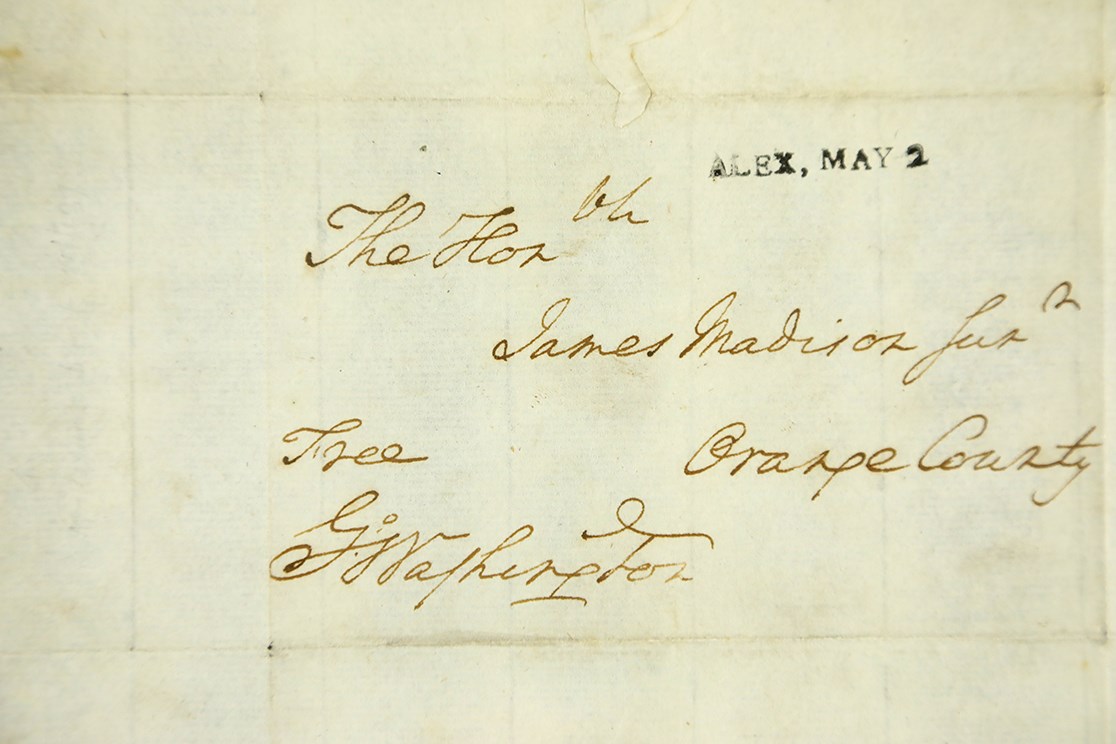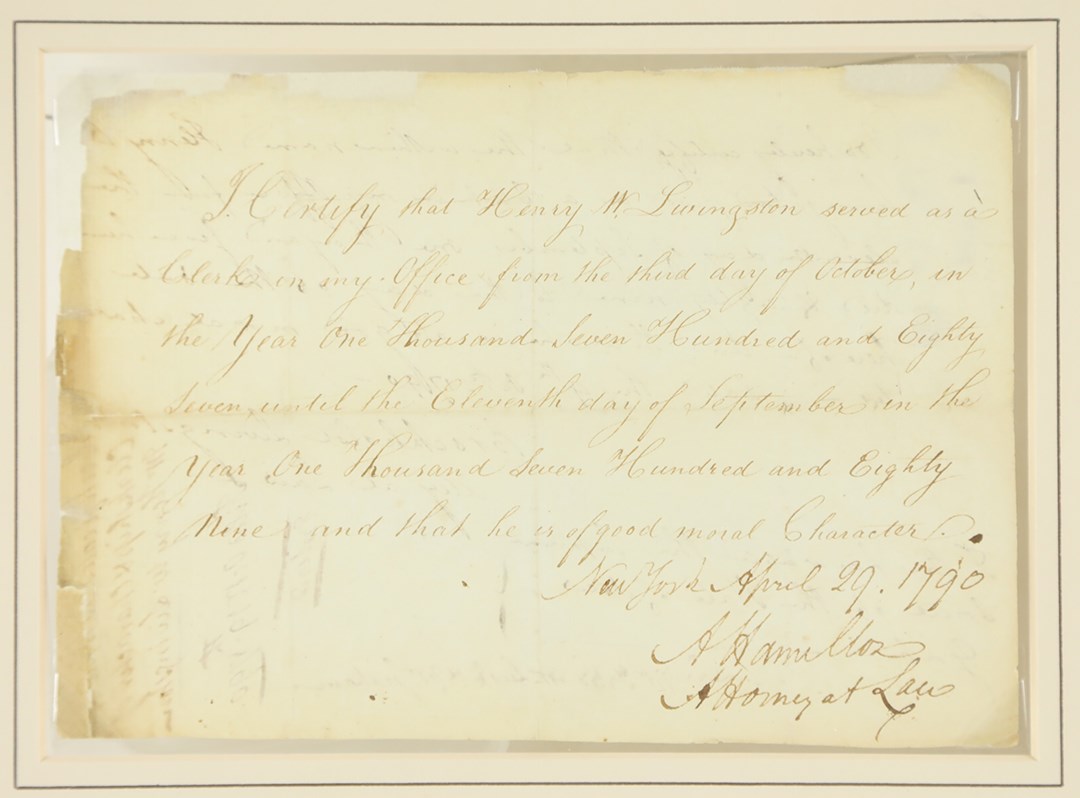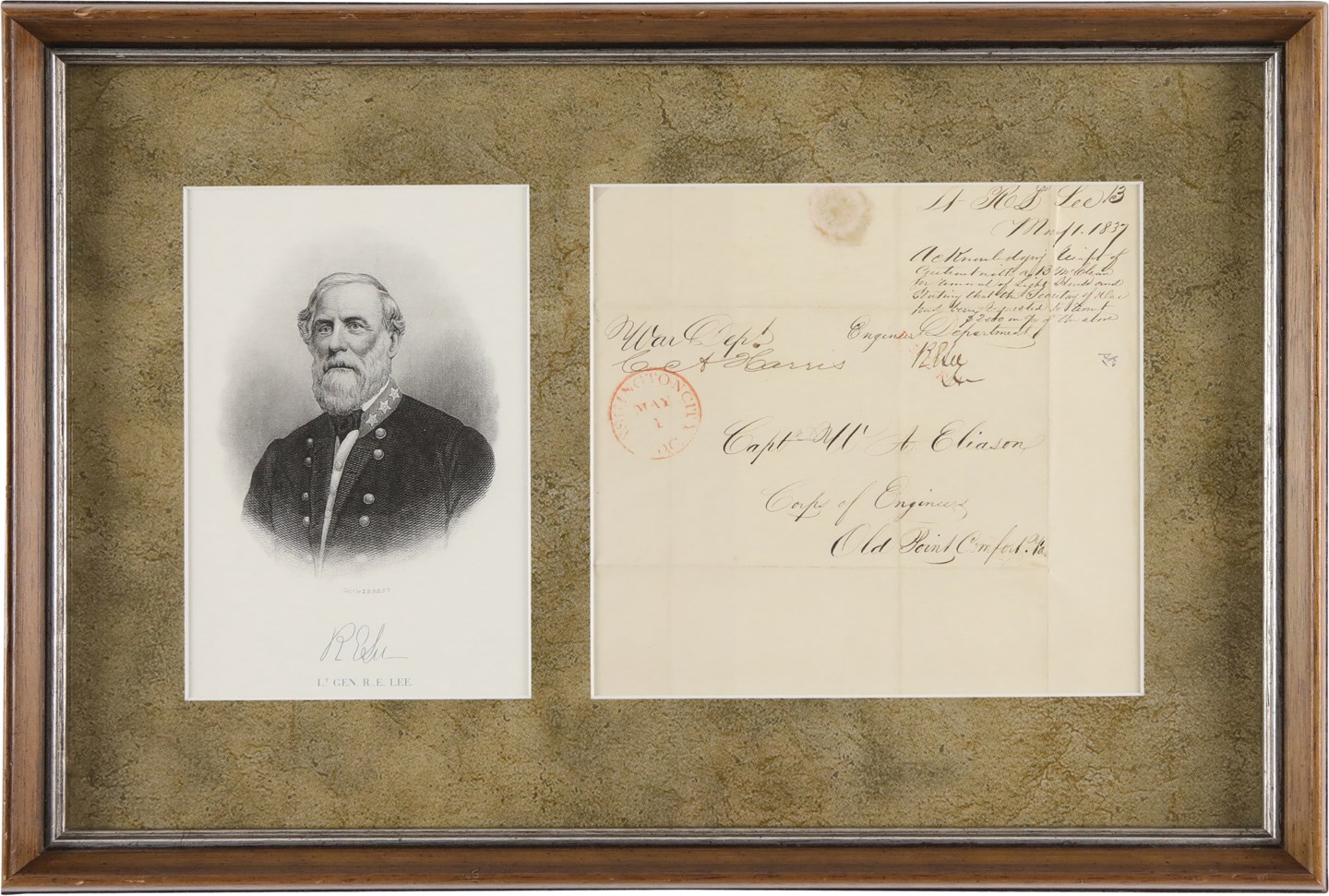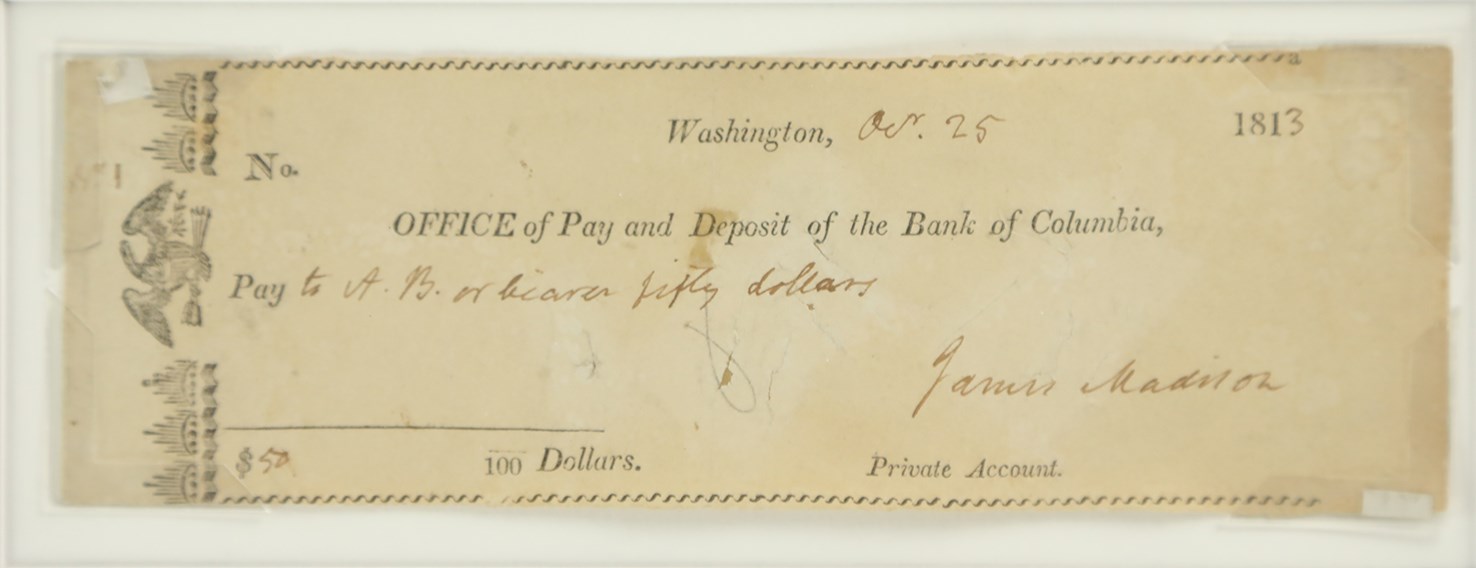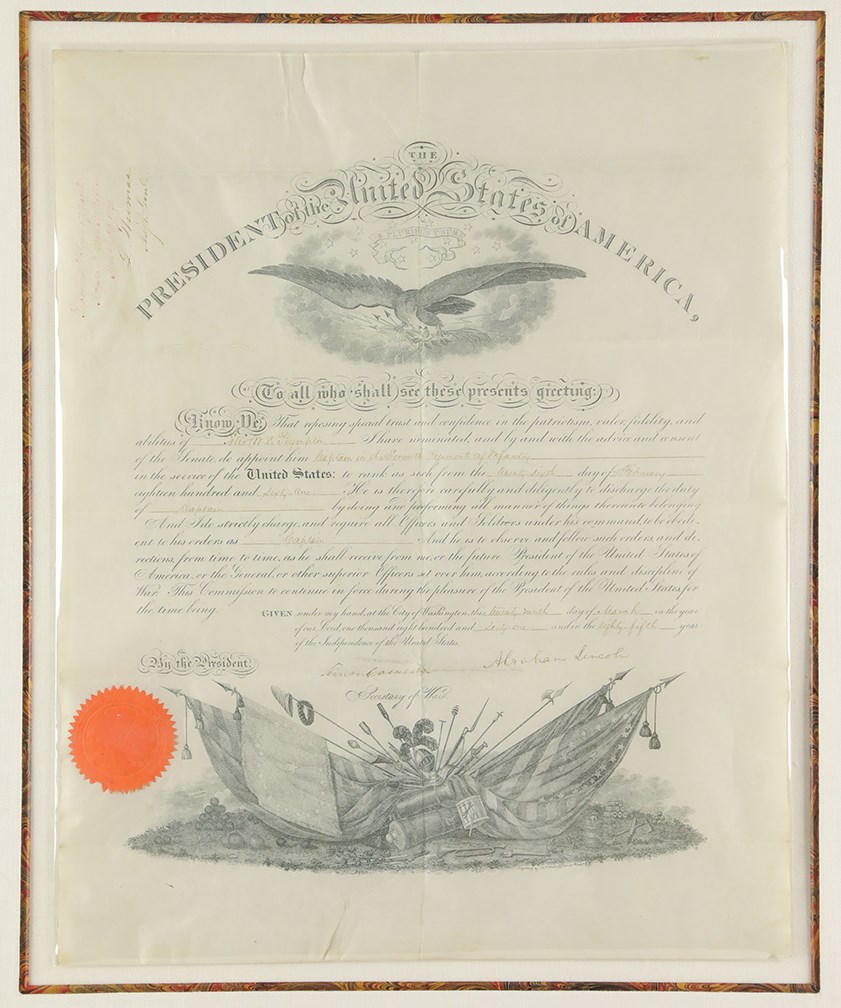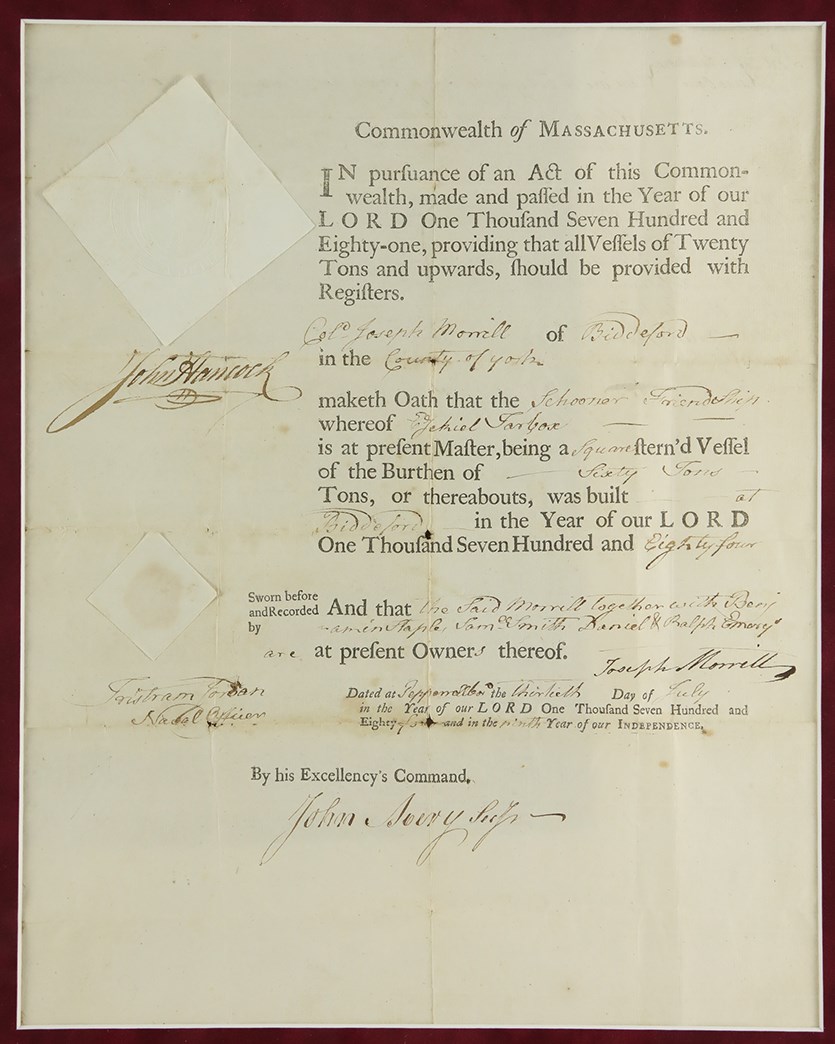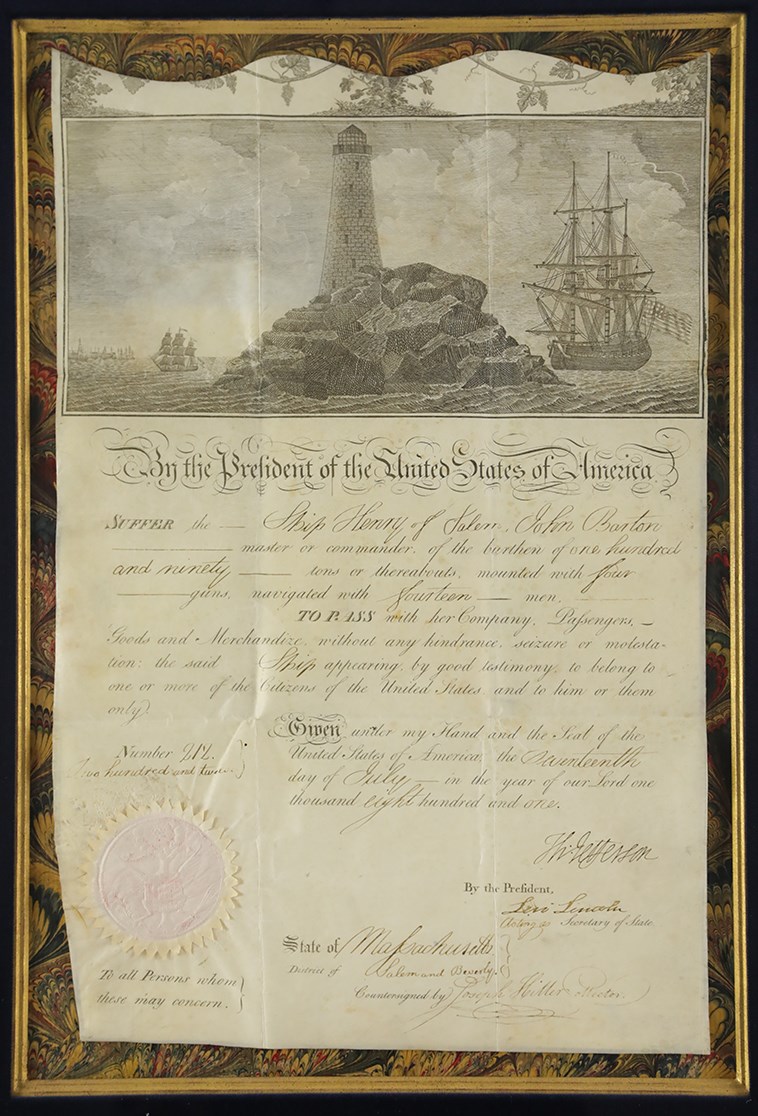Consign Your Best Items with Lelands. We Also Pay Cash on the Spot! Learn More Here.
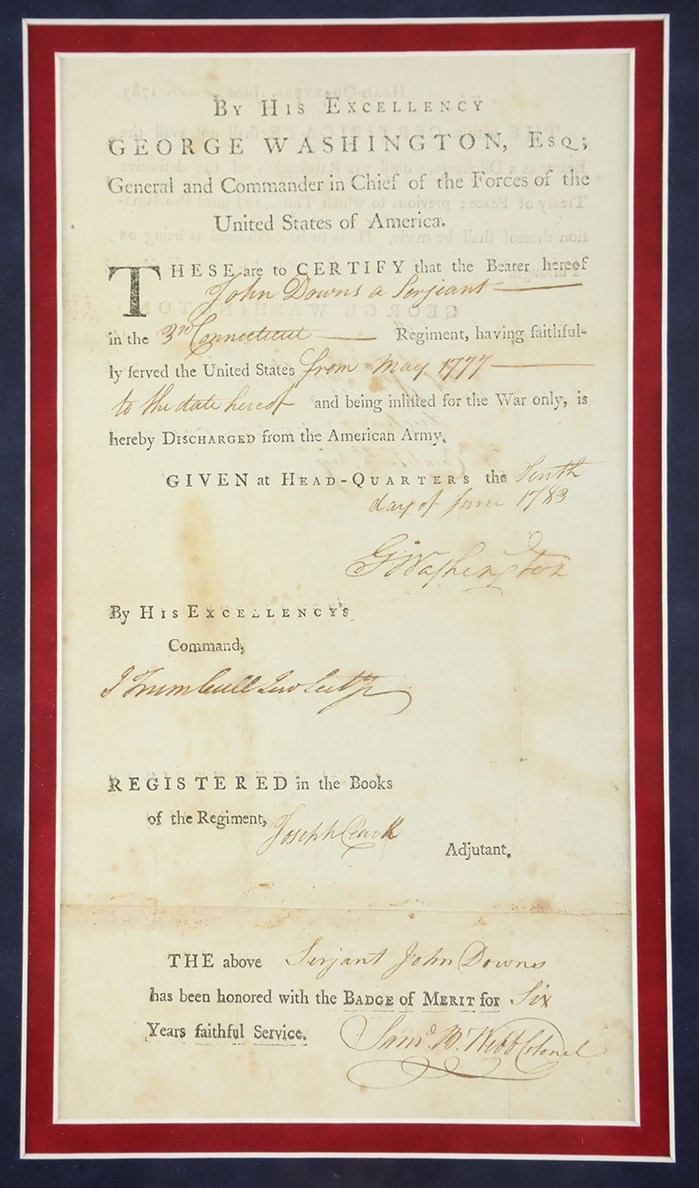
1783 George Washington Signed Discharge Papers (PSA)
Presented are 1783 discharge papers from the American Army that are signed by George Washington. According to biographer, James Flexner, Washington was the "indispensable man" of the American Revolution. Certainly, the thirteen rebellious American colonies had intellectual brilliance in Thomas Jefferson, Benjamin Franklin, Patrick Henry, John Hancock, John and Samuel Adams, and many others, but what the Colonies needed in the Revolution was a man of action - and that man of action was George Washington. In Virginia, Washington had been a surveyor, and a wealthy planter, but what counted most in his experience was his time as an officer in the French and Indian War. Initially not an outstanding military strategist, Washington learned from his mistakes in the French and Indian War and in the earlier years of the American Revolution. Washington was 6'2", broad shouldered and muscular, and he loved outdoor pursuits like hunting and horseback riding. He was aggressive and his natural tendency in warfare was to attack. Yet, Washington was highly intelligent, and he was willing to listen to advice. When he took over as the first Commander in Chief of the Colonial Armies in 1775, he was in an almost untenable situation. His forces were more a collection of assorted state militias than a real army. Washington was outnumbered and outgunned against the professional British Army. Washington took counsel of his military advisors, and he was advised to avoid direct fighting with the British and to fight more of a hit-and-run guerilla action against the enemy. The American Revolution was a prolonged conflict - one that stretched from April 19, 1775, until September 3, 1783, a duration of eight years, four months, and 15 days. Yet, Washington stayed the course, risking possible execution as a British traitor if he was defeated. Washington fought a war that was not so much to conquer as to endure - to last long enough so that the British would tire of the long struggle and eventually abandon control of the American Colonies and let the Colonies rule themselves. From his defeat in New York, to the daring crossing of the Delaware River near Trenton, New Jersey, to the horrible, freezing conditions of a winter at Valley Forge, to the Colonials' triumph at Yorktown, Washington endured until the Colonies were victorious. The offered Continental Army discharge papers are for Sergeant John Downs of Connecticut, who served in the Army from 1777 until 1783. The discharge papers are signed by Washington (signing as G Washington) and his Chief of Staff John Trumbull. The discharge papers are framed so one can see the entire back of the letter on the back of the frame. This is a stunning document. The beginning of the document reads, "By His Excellency GEORGE WASHINGTON, Esq; General and Commander in Chief of the Forces of the United States of America. THESE are to CERTIFY that the Bearer Hereof John Downs a Sergeant in the 3rd Connecticut Regiment, having faithfully served the United States from May 1777 to the date hereof, and being inlisted (sic) for the War only, is hereby Discharged from the American Army. GIVEN at Head-Quarters the Ninth Day of June 1783." Washington signed his name in what appears to be blue ink from a fountain pen, with the ink fading over two centuries to an almost reddish color. At the bottom of the page, it is recorded that Sergeant Downs is honored with the Badge of Merit for Six Years faithful Service to the Army. The aforementioned discharge page measures 12.5x6.75". The display also includes two 3.5x4" images of paintings of Washington, both depicting him on horseback. The display also includes a 3.25x2.5" plaque that reads, "George Washington (1732-1799) Army discharge papers of Sgt. John Downs, dated June 9, 1783, signed by Washington as "General and Commander in Chief" and co-signed by his aide, John Trumbull. Overall, the entire display is matted and framed to 20x20.5". On the back of the discharge papers is a fascinating continuation of the front side of the document. This side of the discharge papers states that the "CERTIFICATE shall not avail the Bearer as Discharge until ratification of the definitive Treaty of Peace...and until Proclamation therefore be made, he shall be considered on Furlough." Thus, it is apparent that the Revolutionary War was on the verge of ending, and Sergeant Downs could go home, technically on furlough until the "official" end of the war, which turned out to be on September 3, 1783. The George Washington signature and accompanying display make a wonderful collectible, with the signature of the American Revolution's "indispensable man" set amidst great context and a gorgeous display. Comes with PSA LOA.
Past Sports Card, Memorabilia, Non-Sports Card and Collecitble Auction Items
Other past auction items that may be of interest to you.

